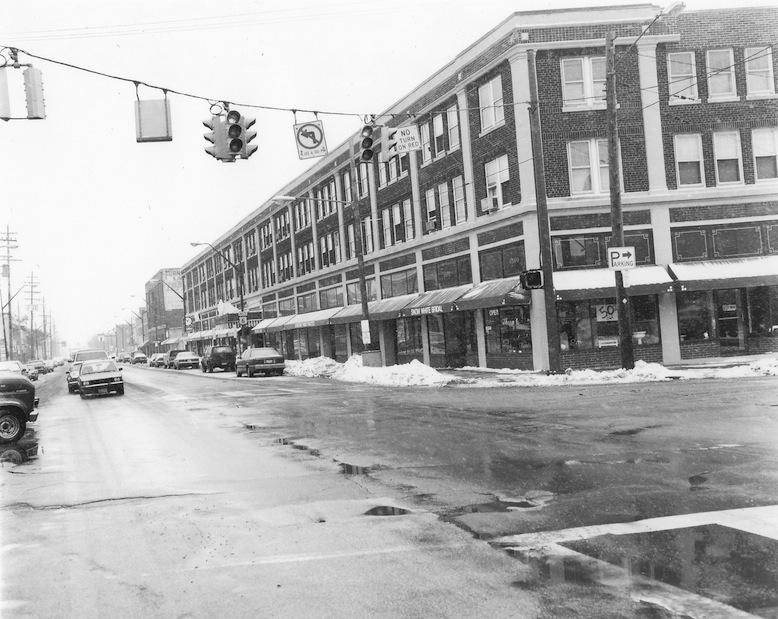Gordon Square

Located at the intersection of W. 65th Street and Detroit Avenue, Gordon Square is the historic commercial district of the Detroit Shoreway neighborhood. As residential construction and industry grew along and away from Detroit Avenue following the turn of the 19th century, the Gordon Square commercial district emerged to meet the retail, recreational, and service needs of the surrounding community. The construction of the Gordon Square Arcade and Community Building symbolized the prominence of this bustling community. Encompassing an entire city block, the Gordon Square Arcade was the largest construction project to have taken place on the West Side at the time of its opening in 1921. The arcade quickly became the heart of the Gordon Square commercial district.
Video
Images





